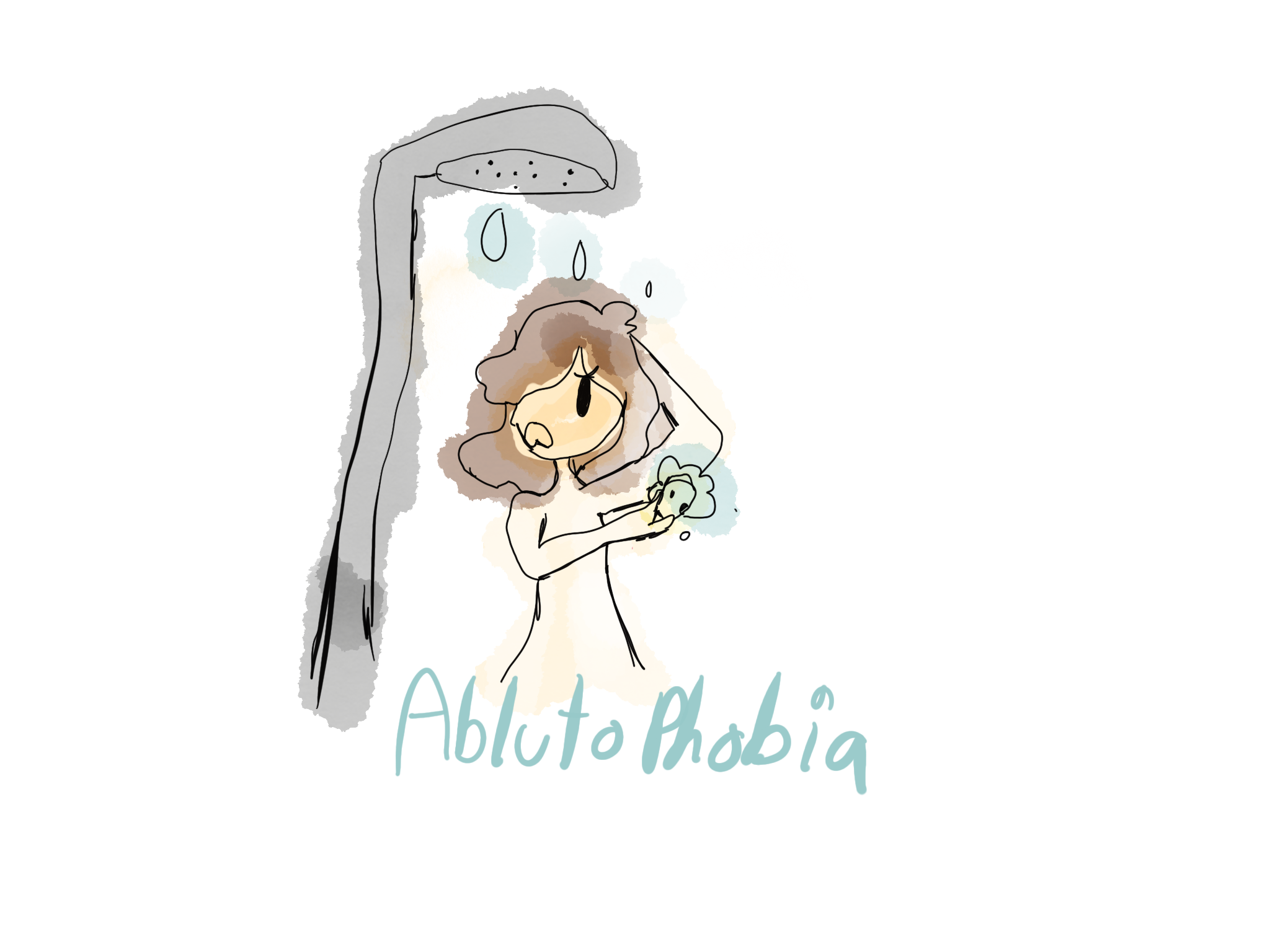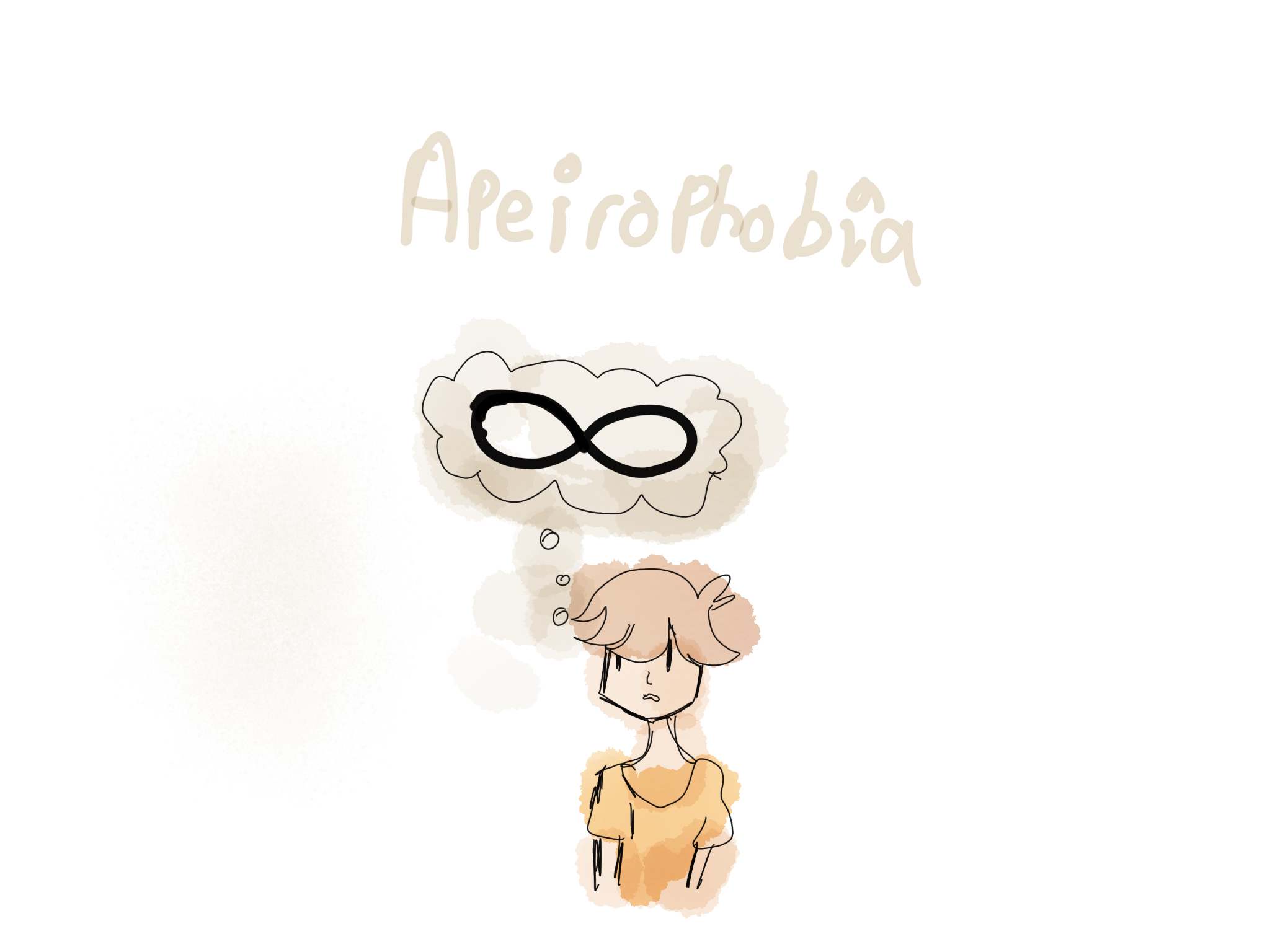Ablutophobia is the fear of bathing. The name originates from the Latin word “ablutere” which is a verb that means “To wash off.” The word phobia is Greek in origin, meaning fear. This phobia is more commonly seen in children and women than adults and men. It is often confused with hydrophobia, which is the fear of water (in general.) a person with hydrophobia can be afraid of baths, but can also be afraid of other areas with water (lakes, rivers, oceans, swimming pools, etc.)
Symptoms of Ablutophobia
Most people who have ablutophobia are more likely to want to avoid bathing whenever possible. When they are near the bathtub, they have difficulty breathing, sweat and rapid heartbeat. If they have ablutophobia and are a child, they also have a habit of crying and throwing tantrums. This fear, like most others, can affect your daily life.
Causes of Ablutophobia
Causes of this fear can include negative experience (you witnessed something related to taking a bath and associate the bath as a bad thing) or genetics, as well as changes in brain activity (injury, ageing, etc.)
Treatment for Ablutophobia
Most of the time, ablutophobia goes on untreated because the persons who suffer from ablutophobia believe that there is no treatment. However, others believe that there is, in fact, an effective treatment. Using exposure therapy, you can be slowly introduced to bathing, and you can take time to process the procedure of bathing as well. It is in fact, effective. Though it may take some time to get used to, it will definitely pay off.
Complications of Ablutophobia
There are some complications for people with ablutophobia. Isolation is one of them. If you don’t take a bath, you can carry germs and bacteria, which causes people to be concerned for their health, leaving isolation as their one choice. Persons have also reported heavy use of drugs and alcohol. People try to cope with ablutophobia by taking drugs and drinking alcohol.
Summary
- Ablutophobia is the fear of taking a bath
- Ablutophobia and hydrophobia are two different fears
- Symptoms include rapid heartbeat, sweat and difficulty breathing
- You can get ablutophobia because of negative experience, genetics and changes in brain activity
- You can use exposure therapy to treat ablutophobia
- You can you can become isolated and become addicted to alcohol and drugs (complications)


